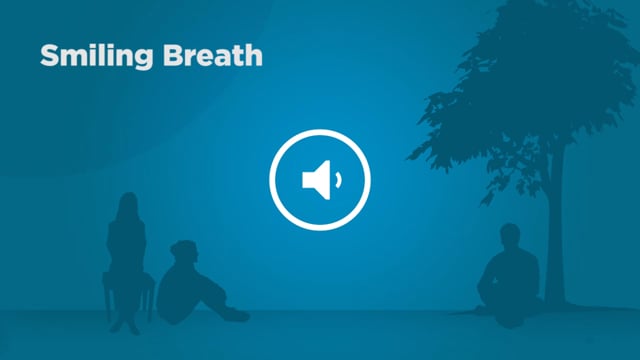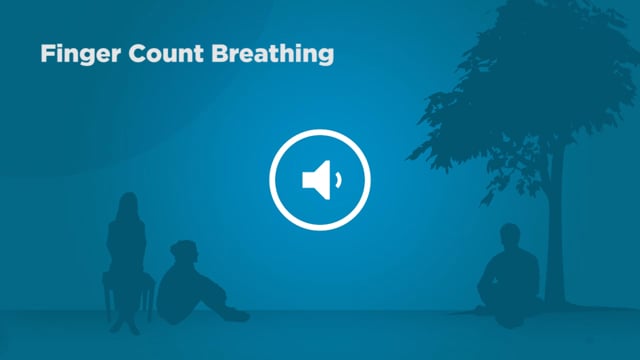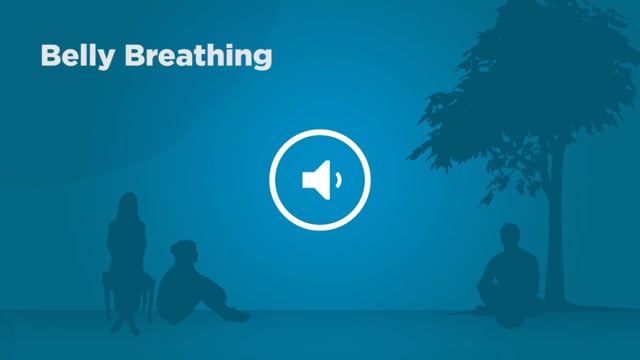- Home
- Parents Home
- Allergy Center
- Asthma Center
- Cancer Center
- Diabetes Center
- A to Z Dictionary
- Emotions & Behavior
- First Aid & Safety
- Food Allergy Center
- General Health
- Growth & Development
- Flu Center
- Heart Health
- Homework Help Center
- Infections
- Diseases & Conditions
- Nutrition & Fitness Center
- Play & Learn Center
- School & Family Life
- Pregnancy Center
- Newborn Center
- Q&A
- Recipes
- Sports Medicine Center
- Doctors & Hospitals
- Videos
- Para Padres
- Home
- Kids Home
- Asthma Center
- Cancer Center
- Movies & More
- Diabetes Center
- Getting Help
- Feelings
- Puberty & Growing Up
- Health Problems of Grown-Ups
- Health Problems
- Homework Center
- How the Body Works
- Illnesses & Injuries
- Nutrition & Fitness Center
- Recipes & Cooking
- Staying Healthy
- Stay Safe Center
- Relax & Unwind Center
- Q&A
- Heart Center
- Videos
- Staying Safe
- Kids' Medical Dictionary
- Para Niños
- Home
- Teens Home
- Asthma Center
- Be Your Best Self Center
- Cancer Center
- Diabetes Center
- Diseases & Conditions
- Drugs & Alcohol
- Expert Answers (Q&A)
- Flu Center
- Homework Help Center
- Infections
- Managing Your Medical Care
- Managing Your Weight
- Nutrition & Fitness Center
- Recipes
- Safety & First Aid
- School & Work
- Sexual Health
- Sports Center
- Stress & Coping Center
- Videos
- Your Body
- Your Mind
- Para Adolescentes
5 Ideas for Better Sleep
Most teens need 8 to 10 hours of sleep each night. But many have trouble sleeping. Lack of sleep can affect your mood, relationships, and ability to pay attention. When you don’t get enough sleep, it’s hard to be at your best in school and sports. It can increase the chances of getting sick, gaining weight, and having an accident if you drive when you are drowsy.
How can you get the sleep you need? Here are some ideas:
- Be active during the day. You've probably noticed how much running around little kids do — and how soundly they sleep. Take a tip from a toddler and get at least 60 minutes of exercise a day. Physical activity can help improve your mood and ease stress. Just don't work out too close to bedtime because exercise can wake you up before it slows you down.
- Avoid caffeine near bedtime. Caffeine is in coffee, tea, energy drinks and more. It’s a stimulant, which means it can help keep you awake and alert. That’s something you might want in the morning. But at night, it can leave you tossing and turning in bed. To help you sleep, limit how much caffeine you have during the day, and switch to decaf or caffeine-free beverages in the evening.
- Say goodnight to electronics. Make your bedroom a tech-free zone. The light from electronic devices tricks the brain into thinking it’s still daytime, so shut everything down an hour before lights out. And by turning off your phone, late night texts won’t wake you up.
- Keep a sleep routine. Going to bed at the same time every night helps the body expect sleep. Creating a set bedtime routine can enhance this relaxation effect. So unwind every night by reading, listening to music, spending time with a pet, writing in a journal, meditating, or doing anything else that relaxes you
- Expect a good night's sleep. Stress can trigger insomnia, so the more you agonize about not sleeping, the more likely you'll lie awake staring at the ceiling. Instead of worrying that you won't sleep, remind yourself that you can. Say, "Tonight, I will sleep well" several times during the day. It can also help to practice breathing exercises or gentle yoga poses before bed.
Everyone has a sleepless night once in a while. But if you regularly have trouble sleeping, talk to your doctor.

Smiling Breath
This breathing exercise can help you lift stress or switch from a difficult mood to a more positive one.

Finger Count Breathing
Finger count breathing is a good way to slow down and hit your internal “pause” button.

Belly Breathing
When we’re relaxed, air naturally flows deeper into our lungs. Practicing belly breathing can help you create these feelings of relaxation and calm.

© 1995- The Nemours Foundation. KidsHealth® is a registered trademark of The Nemours Foundation. All rights reserved.
Images sourced by The Nemours Foundation and Getty Images.
